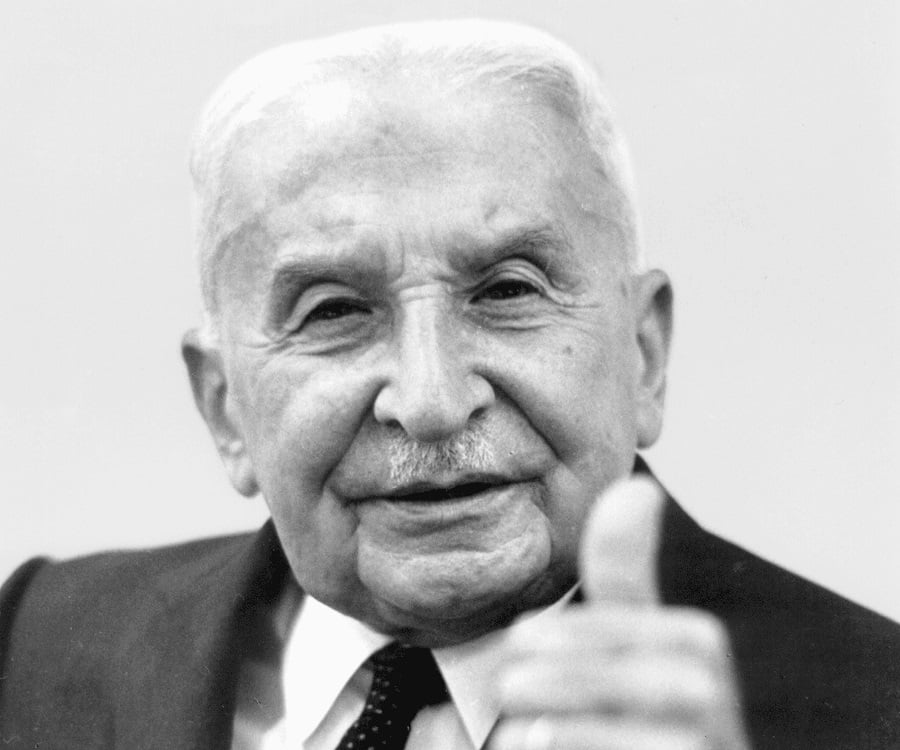
Economist Noah Smith has an interesting piece in The Week explaining how mainstream macroeconomics (“New Classicals”) “shares just enough similarities with the Austrian school to basically steal all their thunder.” Smith lists a couple similarities and differences:
Similarities
- Human Action Axiom vs. rational expectations and the Lucas Critique
- Praxeology vs. “Theory ahead of measurement”
- Deep suspicion of government intervention
Differences
- Formal mathematical modeling
- Causes of the business cycle
As Smith concludes,
So it basically seems to me that the New Classicals captured and improved on the basic ideas of the Austrians in almost all of the ways that matter, while vastly improving on the presentation. New Classical concepts of rationality, distrust of empiricism, and distrust of government intervention are more moderate and nuanced than those of the Austrians, and their mathematical style is simply much more appealing to modern academics than the dense, turgid prose of von Mises or Hayek. Thus, if you were a smart young macroeconomist in 1980 who believed that people were both rational and smart, that government intervention was a bad idea, and that theory was the best way to investigate human behavior, you did not become an Austrian; you became a New Classical.
In other words, the New Classicals drank the Austrians’ milkshake.[ref]Reminds me of the Sept. 2012 issue of Cato Unbound.[/ref]
